Certainty Ltd.
Concerning the limits of certainty and Certainty Ltd., FoAM’s uncertainty clinic, offering bespoke futuring for individuals, families, and collectives.
Including the story of Certainty Ltd., as first outlined by the authors in a self-guided, introspective futuring exercise in 2016.
Why Certainty?
Uncertainty is often associated with afflictive emotions — fear, anxiety, discomfort. Yet, uncertainty is not necessarily negative. When something is uncertain, it only means that it is indefinite, lacking confidence, or not known.
The term uncertainty has assumed increasingly negative connotations in recent years, while also being hollowed out through overuse. Coupled with “unprecedented”, the spectre of uncertainty has triggered some peculiar fight-or-flight reactions.
The panic about uncertain toilet paper supplies at the start of the Covid-19 pandemic; a frenzied preventive self-medication with iodine (and, in some cases, overdosing) in Belgium and other European countries following the 2022 Russian invasion of Ukraine. When the brittle veneer of certainty begins to crack, decades of complacency can lead to a lack of shock resistance, leaving people susceptible to exaggerated or misguided counteractions.
Too much uncertainty is bad, yet so too is excess certainty. Growing up with too much certainty can leave you incapable of handling the inevitable shocks of life. Overconfidence about “the way the world works” can throw you into a crippling panic when it turns out that the world doesn’t (always) work they way you believe.
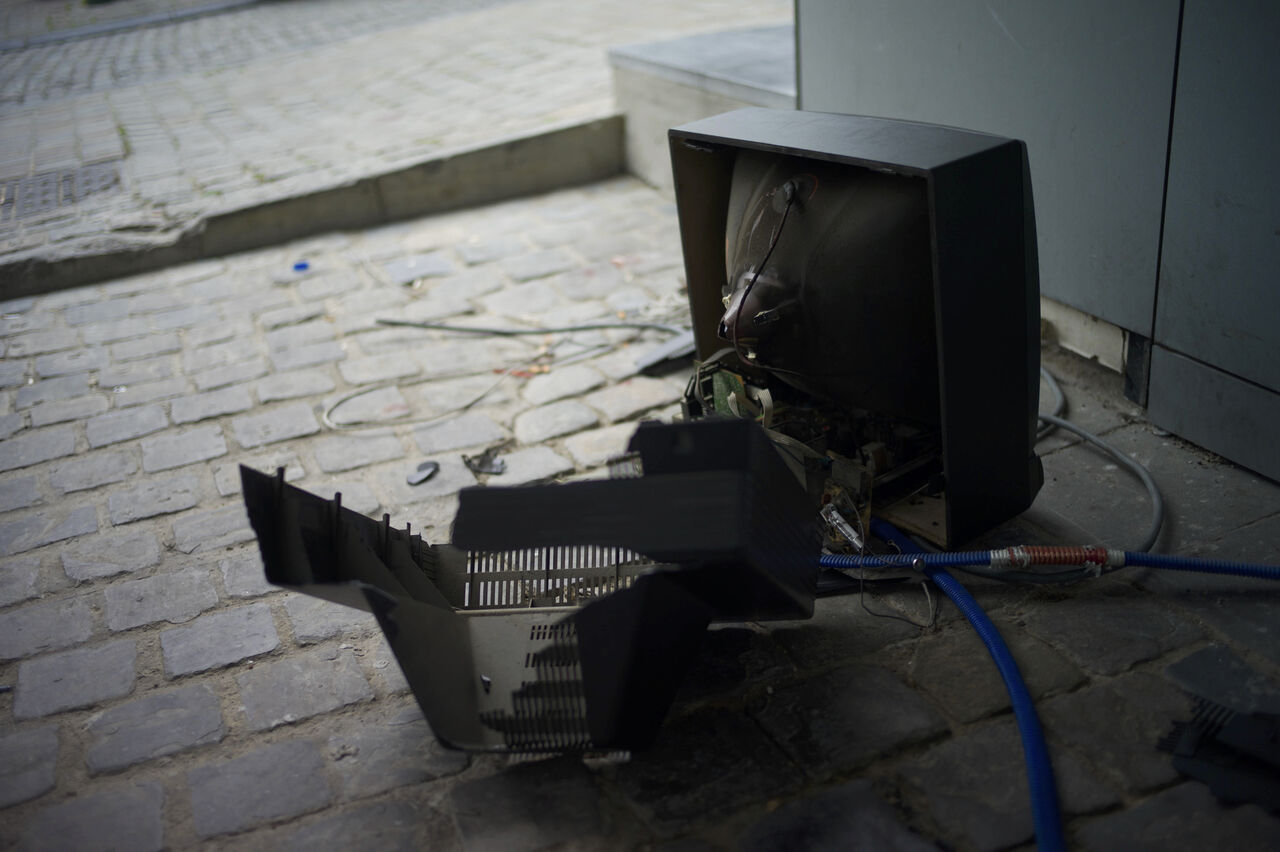
There are many situations in which not knowing, hesitating, or even getting lost can be a good thing. It can lead to unexpected places, new discoveries, or creative leaps into the unknown. Art and science both thrive in such uncertainty. Meditators learn to sit with not knowing what the present moment will bring. Playing games is exciting when the unexpected happens. Climbers, divers, and surfers seek out the thrill of being uncertain, relishing the pressure to respond in real time. Uncertainty stimulates creativity, curiosity, equanimity, and playful problem-solving — useful skills and aptitudes, whatever comes your way.
Dealing with protracted uncertainties, those beyond your control—the weather, ageing, economic precarity, the currents and rip tides of social and political change—may be like living with a chronic illness. The sustained discomfort of not-knowing reduces capacity to participate in society, and can, at times, be debilitating. Yet chronic uncertainty also offers opportunities for change. Learning to operate within limits, experimenting with what is (still) possible. Rather than shying away from uncertainty, chasing greater knowledge or hard control, how can we learn to let go; inhabiting, embracing, and evolving through it? Futurish
Ring the bells that still can ring
Forget your perfect offering.
There is a crack, a crack, in everything.
That’s how the light gets in.Leonard Cohen, “Anthem”, The Future.
In the wake of the 2007-08 global financial crisis—which coincided with the protracted repercussions of a life-threatening illness across our personal and professional lives—we set to articulate our approaches to uncertainty, as techniques for coaching, mentoring, and participatory workshops. At that time, FoAM had existed for nearly a decade, supporting dozens of people through uncertain times, including financial difficulties, health conundrums, artistic blocks, burnout, and existential doubts. We were also consciously working with uncertainty in open-ended experimental projects and exploring futures methods in collaborative settings with unpredictable outcomes.
Developing a case study for The Resilients in 2012, we turned these methods on FoAM itself. With our core team in Brussels and Amsterdam, we asked ourselves a question: How do we work together on interesting things? We threw the whole arsenal of futures experiments at this question, designing prehearsals and pre-enactments as real-life labs for testing our assumptions. Before long, we were engaging in speculative experiments to redesign our governance structure, formulate new projects, and find ways out of unsustainable collaborations. Surrounded by austerity measures and funding cuts, and facing down a potentially crippling audit, our individual and collective appetites for life- and world-changing experimentation were palpable.
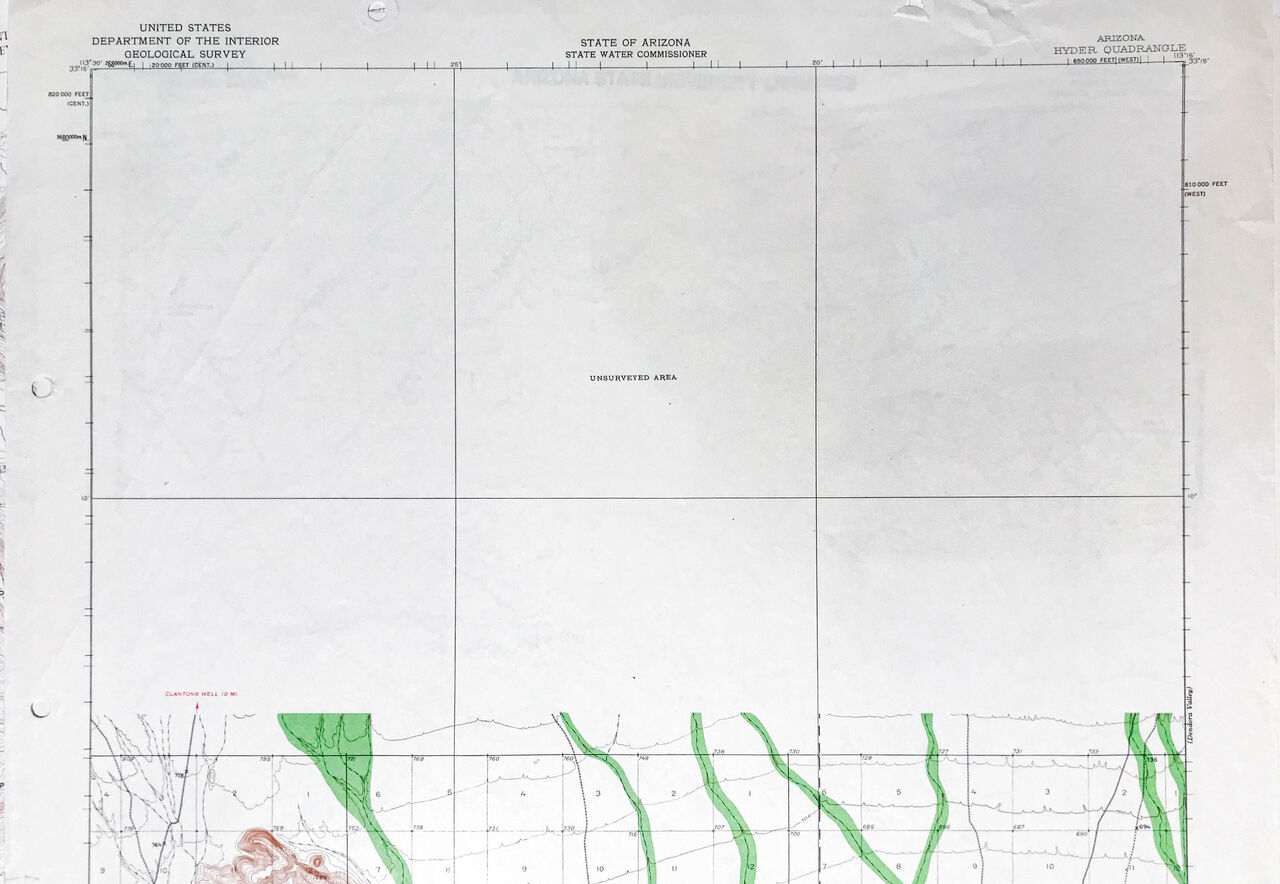
With a growing need to tackle uncertainty, we found ourselves futuring ad-hoc and on-demand; in bars and living rooms, trains and beaches, while recovering from surgery and at boozy parties. Often parted from our futuring tools and accessories, we perfected the craft of futuring on napkins, using any tools and data sources we could lay our hands on. We supplemented our futuring techniques with experimental practices from design and the arts, scientific research, executive coaching, process facilitation, Buddhist psychology, and palliative care. We focused on bringing techniques to navigate uncertainty within people’s reach, whether they’re a cultural transition network or an overworked single father on the verge of a nervous breakdown.
Over the years we streamlined the process to a simple structured conversation, as what seems to be most helpful when confronting the conundrums of (non-life-threatening) uncertainty is for someone to actively listen, asking questions and synthesising conversations when appropriate. In some situations, uncertainty can be life-threatening. Being unsure whether to yell or play dead to deter an approaching bear. Not knowing whether a bomb will fall while walking to the market in a war zone. Living without confidence that you won’t be beaten by your spouse. Being kept in limbo by immigration authorities without resolution. With such existential uncertainties, the causes and symptoms of uncertainty should be reduced, removed, or resolved as much and as quickly as possible. This is uncertainty in its wrathful form, requiring real-time coping mechanisms and urgent frontline response. But this is not the kind of uncertainty we’re talking about here.
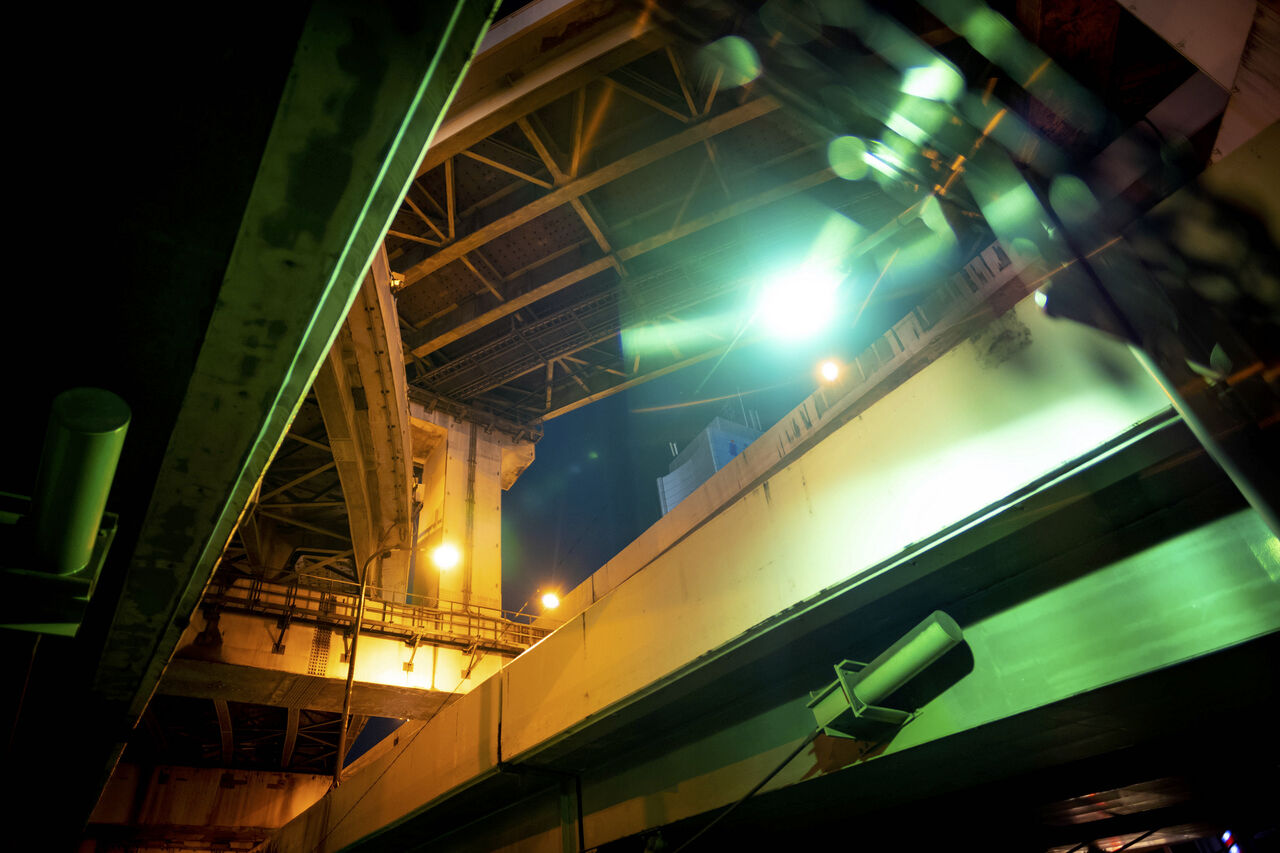
Certainty Ltd.
Amid bushfires and flash floods in Australia, on the cusp of a new decade—just as weak signals of a novel coronavirus started circulating among our fellow horizon scanners—the time was ripe to bundle our assemblage of uncertainty services into Certainty Ltd.
Certainty Ltd. is a clinic, consultancy, and civic outpost for individuals, families, and collectives facing excess certainty or chronic uncertainty. We offer support for personal and organisational transitions, including critical uncertainty diagnostics, strategic unplanning, VUCA therapy, scenario development, future prehearsals, ambient foresight, and bespoke situational awareness. These services are particularly useful in situations that require acting with incomplete information, dealing with wicked problems, bolstering agency, forging alliances, and fostering adaptive capacity.
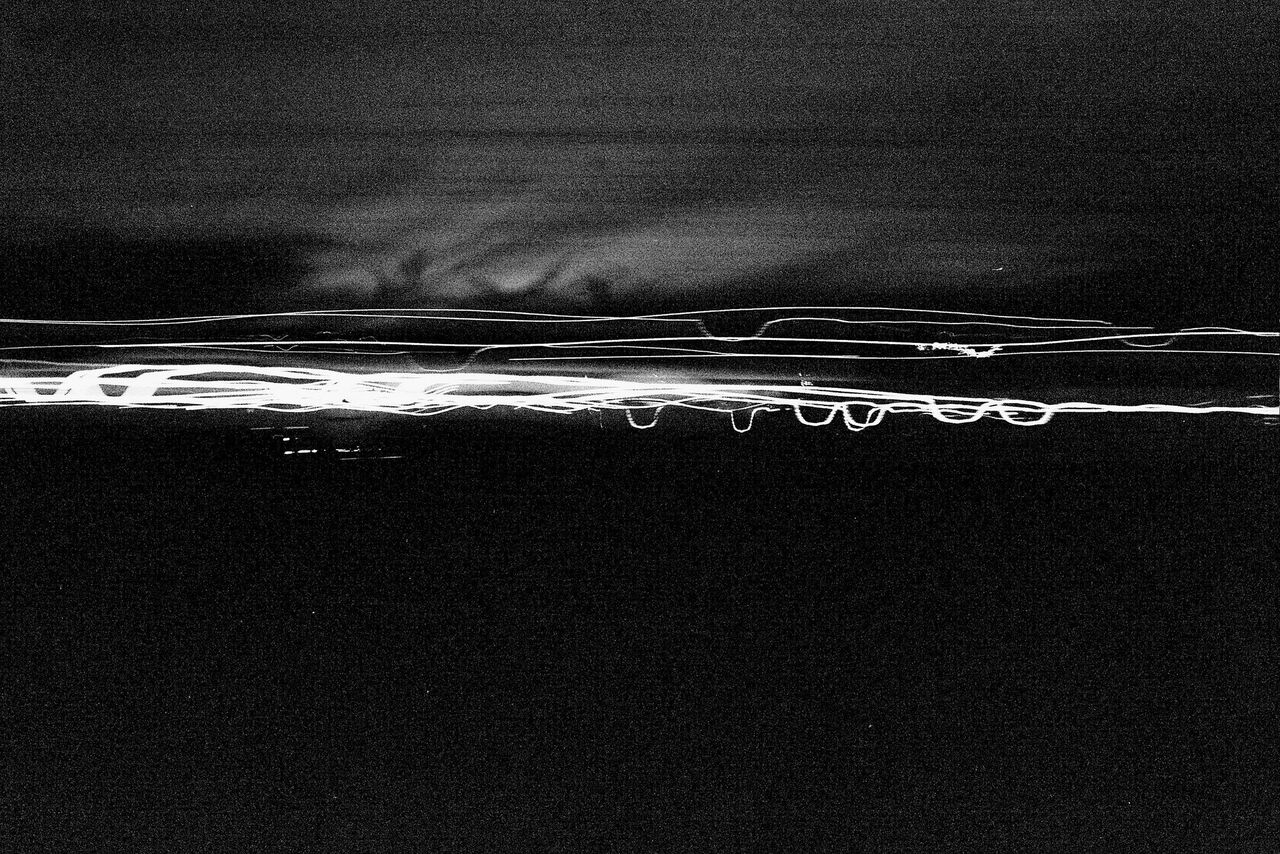
Our sessions range from highly structured to free-form. If the situation requires more research (by those involved, or by us), the treatment can last several months. We begin with observation, sensing and mapping the situation’s past and present, to explore the context and understand the different factors involved. Grounded in this understanding, we track changes emerging “on the horizon”, and their possible impacts on a given situation.
Working together, we extrapolate possible paths envisioning how the situation might unfold (through scenario construction, worldbuilding, prehearsals, or stochastic tinkering). We encourage participants to experiment with possible futures in the present. The experiments can be as simple as taking a different route to work, or as involved as prototyping experiential futures. For those in need of concrete roadmaps, we use backcasting (also known as retro-planning) and translate the insights into “to-do lists” and “next steps”, sometimes articulated as specifications or principles to facilitate decision-making in unknown circumstances. To help find answers to such questions as: What specifically will you do now that you know X? How will you get from where you are now to where you want to be? What help, support or resources do you need? What do you have to pay attention to? What should you hold on to and what can you let go of? What is the first step you can take? An informal review concludes our futuring cycle, including a discussion on how we can support turning the participants’ insights and foresights into present-day actions.
Reviewing the process, participants often report greater clarity regarding their current and anticipated circumstances, a sense of agency that helps to cope with uncertain conditions or “get unstuck” from unmanageable situations. Some mention feelings of elation, experiencing “aha” moments of insight into the causes, symptoms, and possible responses to their engagements with uncertainty. For some it feels like therapy or a game, while others find (different) parts of the process hard work.
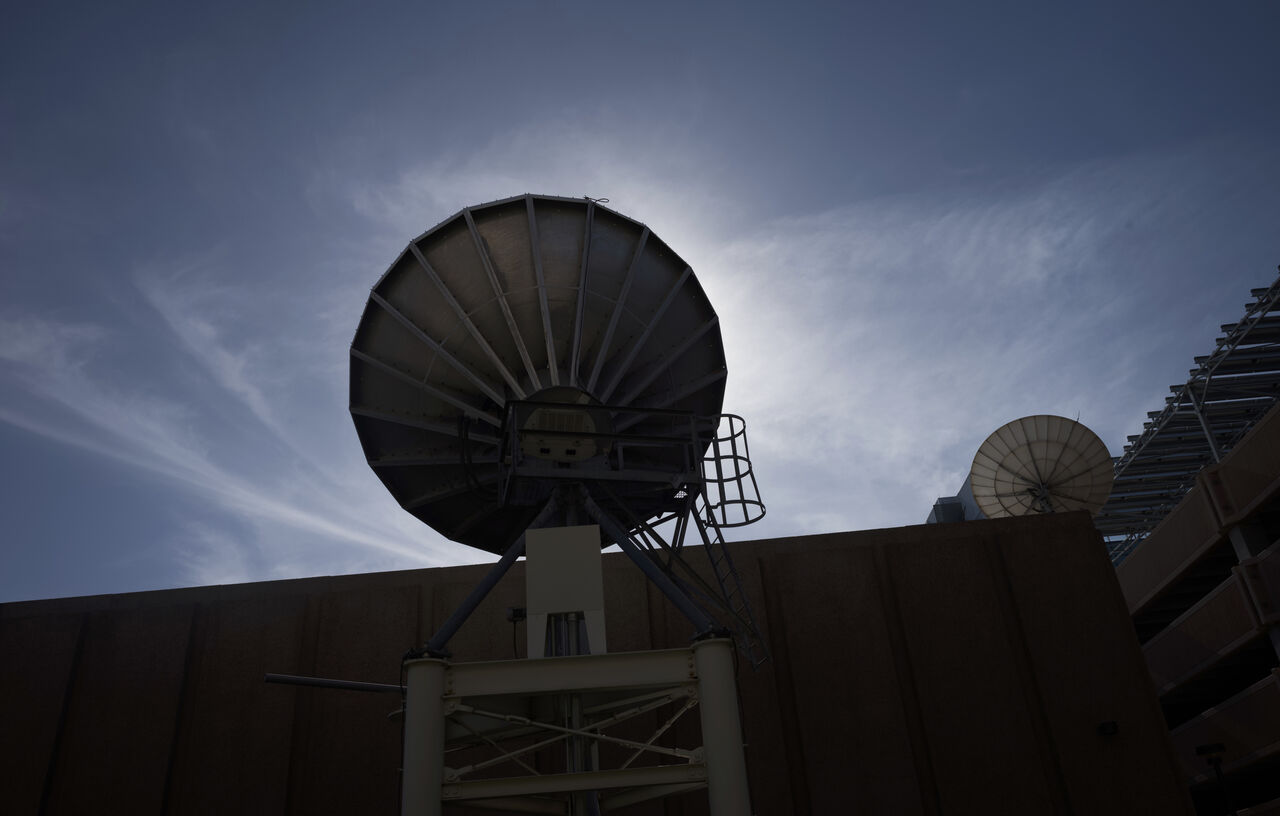
Participants continue to refer to signals and frameworks from our sessions for years to come. We hear of scenario fragments mobilised as a shorthand for participants’ thoughts and feelings, naming larger forces that influence their lives: “I keep seeing things from our scenarios appear in the news and in my work, and I can better respond to them having a bigger picture in mind.” These insights operate as warning signs and guiding lights within the maelstrom of everyday life. Latent when times are calm, they become sparks of clarity and discernment in stormy weather.
Certainty Limited
Uncertainty has always been here, and it is here to stay. Certainty has its limits. So if tools exist to help navigate uncertainty, these tools must be accessible to all. We have put this imperative in practice through Certainty Ltd., the Institute for Experiments with Business, Hosting Craft, and Stichting Liminous. All of FoAM’s work is based on open (re)source principles, sharing our techniques for engaging with uncertainty, including the Futurist’s Fieldguide and Coaching by Numbers.
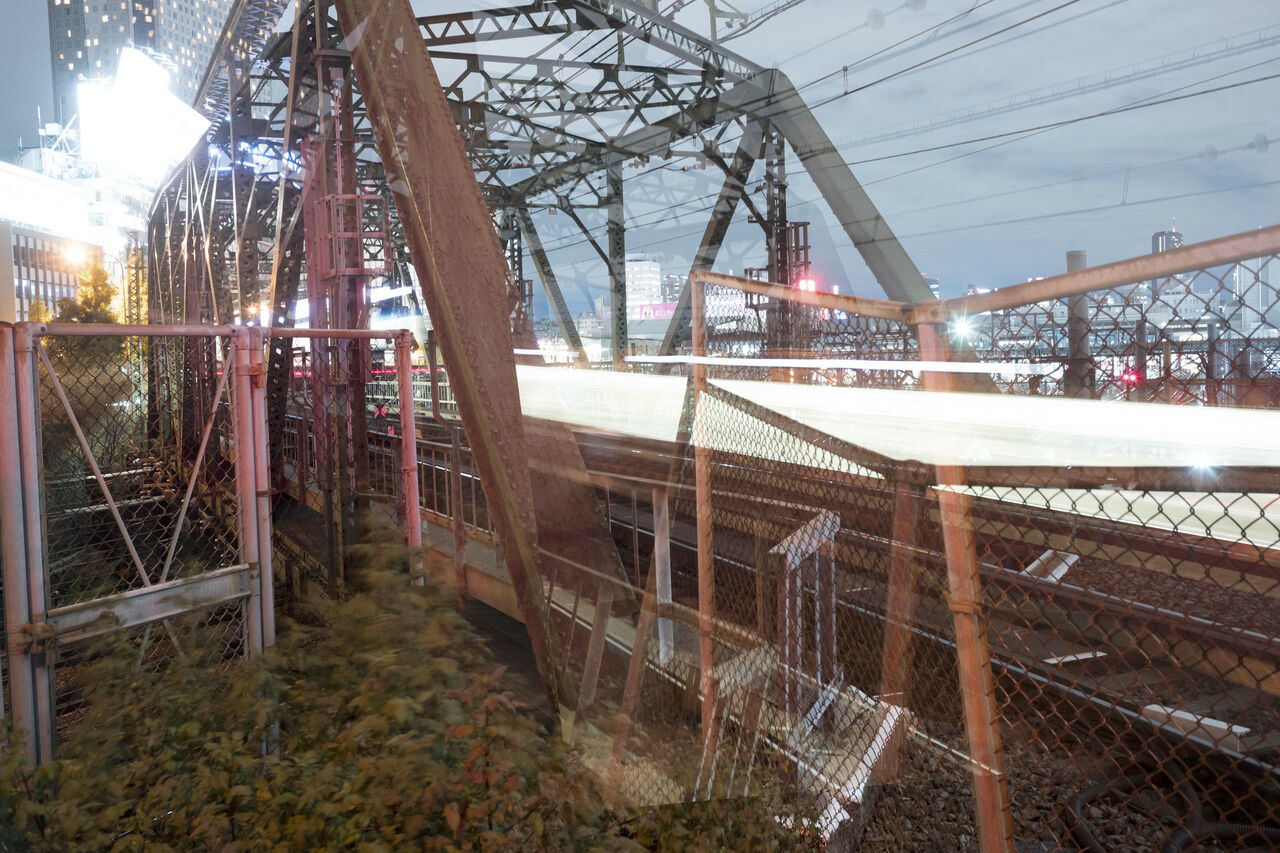
See also: Future Preparedness, A Lab Approach, Taking Risks or Making Risks, Grey Skies Thinking, and Further Adventures in Practical Ontology.
🝓